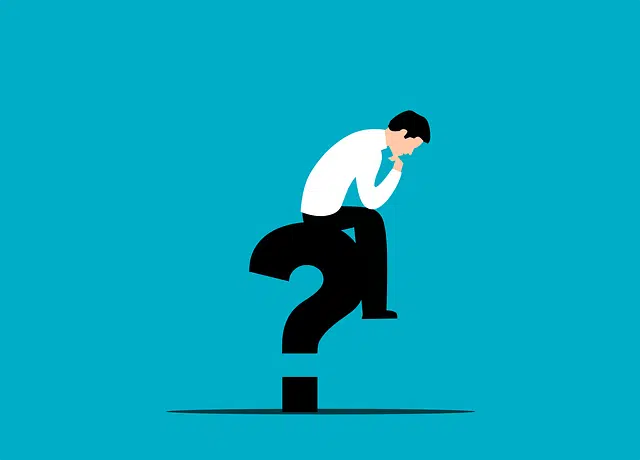
A person who lacks the courage to act can be described as faint-hearted.
From the Latin pusillanimis , pusillanimous is an adjective that mentions the lack of courage and courage to endure misfortunes or to overcome great challenges. Someone who is faint-hearted is fearful, doubtful and lacking in courage . For example: “Soldiers cannot be faint-hearted: they always have to act with determination and courage” , “Don't be faint-hearted and confront your father” , “Ricardo is a faint-hearted; "He tolerates everyone disrespecting him and never dares to defend his position."
Courage, bravery, impetus, bravery and audacity are some of the concepts that contrast with the attitude of a faint-hearted person, a behavior that does not include firm decisions and determination , but is associated with weakness, fear, fear and doubt.
Pusillanimous, an offensive term
The former Argentine soldier and politician Aldo Rico , who revolted against the democratic order in 1987 and 1988 , and was mayor of the Buenos Aires party of San Miguel , used this term (which had fallen into disuse in Argentina a long time ago) to despise and attack their opponents.
No one can be pleased to be called faint-hearted, since it is an offense . The values that the concept attacks are considered very important (such as bravery or courage) and no person admits, at least publicly, that they lack these qualities.

A faint-hearted individual is someone who is doubtful.
An article by Javier Marías
In 2008, the well-known Spanish writer and editor Javier Marías published an opinion article in the newspaper El País entitled " The formation of faint-hearted people ", in which he denounced the obsession of societies with creating regulations that structure our lives . He assured that little by little we are giving up our freedom , every time we submit to a new norm or when an activity that until a certain moment in history was possible becomes a crime.
In the past, just as animals do, human beings were capable of facing our problems, opposing our aggressors and demanding that we be respected; Nowadays, almost no one is willing to participate in the resolution of their own conflicts , since they expect someone to take care of them. Laws and regulations oppress us and, in turn, take away the weight of thinking about everything we do, of putting ourselves before the consequences of our actions, since any mistake we make will automatically be highlighted by the corresponding body.
More and more faint-hearted
Another of the problems that he raises in his article is the repression that teachers must endure, especially in North America, given the paranoia that revolves around sexual harassment, more precisely, its "visual" variant. He explains that it is common for teachers to fix their eyes on a person while teaching classes, regardless of their gender and sexual orientation, unconsciously seeking to "personify" the entire class, and highlights the danger that this entails today, since some students may take such action as a lust-filled annoyance.
Faced with the danger of receiving a complaint for visual sexual harassment , a large part of the North American educational body seeks to stare blankly at the ceiling or the walls of the classrooms while they do their work. This may seem trivial, but it is one more example of the deficiencies of our social structures, which are no longer based on direct communication, on dialogue, but on following prefabricated paths, no matter where they lead us.
In summary, Javier Marías deals with height and literary skill with an undeniable phenomenon that should concern us all: we are losing our identity as a species; We have become irritable and cowardly beings who don't even know why they are offended, but they do remember which number to call to demand compensation.
